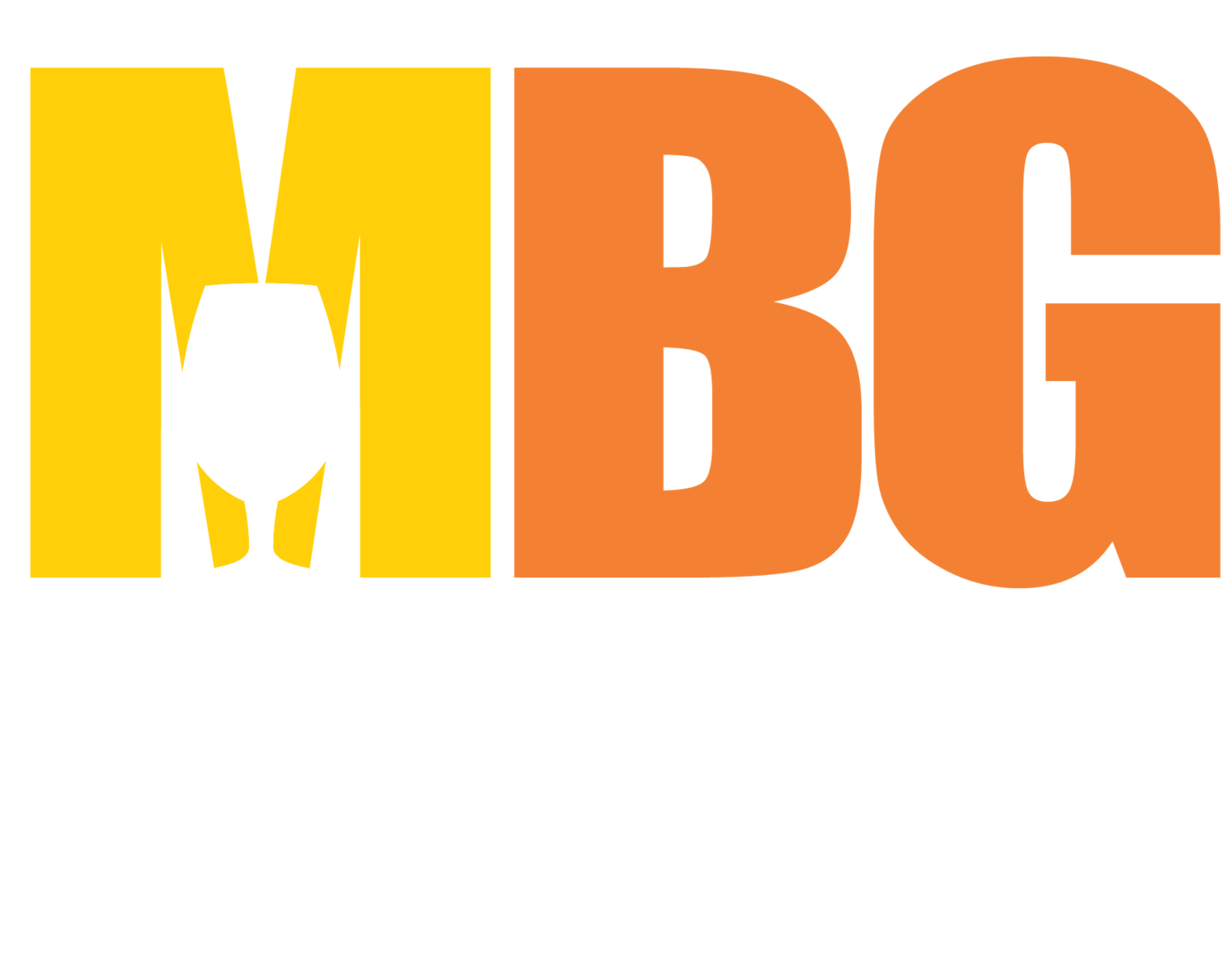Our marquee event returns with a new name and the same dedication to Bay State beer.
What better way to support Massachusetts craft breweries than with a big ol’ beer fest? So that’s exactly what we at the MBG are doing: Bringing our fans and friends together for our biggest fundraiser of the year. The Massachusetts Craft Brewers Festival, coming up on Saturday, April 29, at the Cyclorama in Boston, showcases more than 40 local breweries pouring the beers they’re most excited to share.
Known as the Power Beer Fest since our first foray in 2017, we changed the name this year to amplify that the Massachusetts Craft Brewers Festival is run by local brewers, for local brewers.
From the Berkshires to the South Shore, areas throughout the state are represented in the brewery lineup. With great anticipation, we’re watching as they share their draft lists ahead of the festival: Beer fans will have a chance to try:
Holy Schnitt! Munich Helles by True North Ale Co., a 2022 Best of Craft Beer bronze medal winner
Quaffable Waffle Blueberry Pastry Stout by Bright Ideas Brewing
a plethora of New England IPAs
a few flavor-forward finds from new-to-Mass. brewery Long Live Beerworks
and many, many more. (Here’s where we remind everybody to please drink responsibly!)
Check out the growing beer list here.
As the beverage landscape has changed and craft brewers are producing more seltzers and hard ciders, so, too, has our festival adapted. New this year: There will be a limited number of non-beer offerings available from breweries making alternative drinks.
We’ll have water stations available, so BYO bottle to fill. Attendees are also welcome to bring snacks and pretzel necklaces. Our friends and food purveyors The Burgundunian, The Sausage Guy, and Wild Fox Pierogi will be on hand with more substantial fare for sale. Hands full? No problem. Phygit Foods will be selling pretzel necklaces and wearable snacks with proceeds benefiting the Federation for Children with Special Needs.
Sound fun? You better get tickets soon—the first session is nearly sold out.
The Massachusetts Craft Brewers Festival spans two sessions, from 1-4:30 p.m. and 6-9:30 p.m. Tickets are $55 for general admission and $10 for designated drivers and available on Eventbrite. As always, all ticket proceeds support the Mass Brewers Guild’s mission to protect and promote the interests of craft brewers.






















